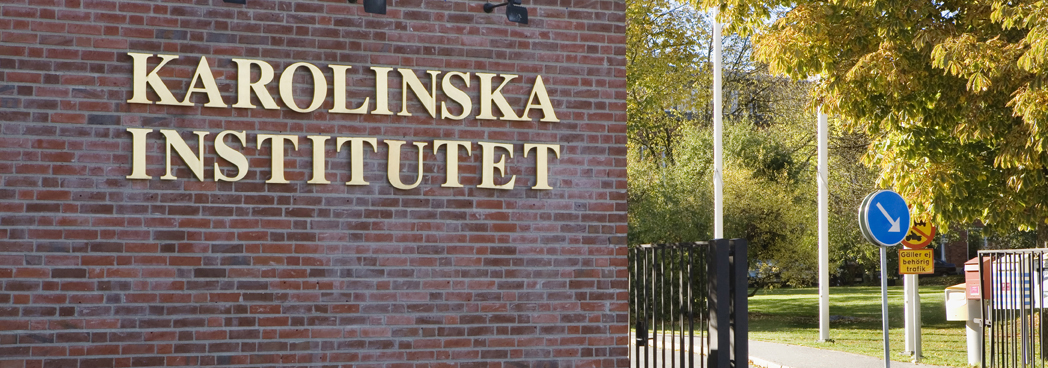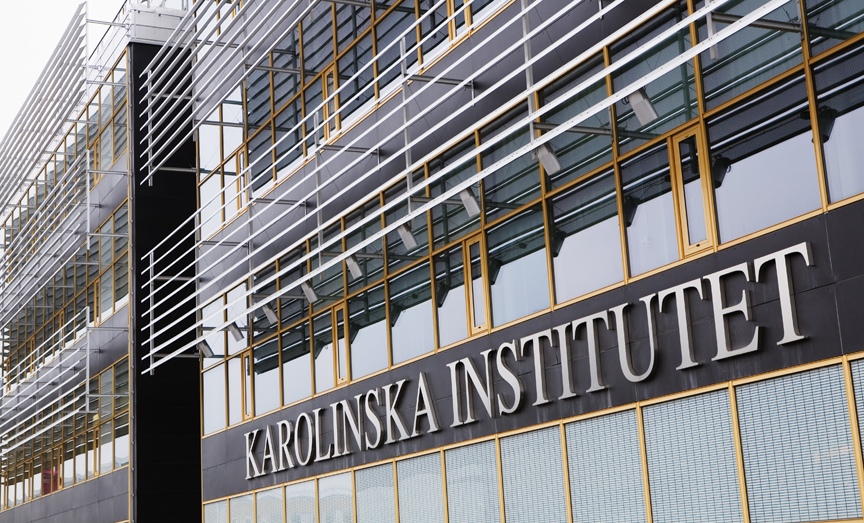X-ray therapy: heart disease?
After cancer treatment studies show dangers of heart problems caused by radiation therapy.
-
 Martin Halle, researcher at Karolinska Institutet. Photo: Fredrik Magnusson.
Martin Halle, researcher at Karolinska Institutet. Photo: Fredrik Magnusson. -
-
For decades the best hope along with chemotherapy to shrink tumors and battle cancer, radiotherapy can increase the risk of cardiovascular disease later in life, suggests new research from Karolinska Institutet in Stockholm.
-
 A new study from Karolinska Institute in Stockholm shows that newborns with Down syndrome have significantly lower risks of serious heart defects than they did just 20 years ago. Swedish research hospital Karolinska Institutet, entrance to the Solna Campus. Photo by Camilla Svensk
A new study from Karolinska Institute in Stockholm shows that newborns with Down syndrome have significantly lower risks of serious heart defects than they did just 20 years ago. Swedish research hospital Karolinska Institutet, entrance to the Solna Campus. Photo by Camilla Svensk -
-
A growing problem as more people survive their cancer diagnosis, sustained inflammation induced by post-radiotherapy changes in the gene expression in the arteries seems a less than infrequent backlash of the lifesaving x-ray treatment. However, scientists know little about the biological causes of these side-effects except that they do not appear until many years following cancer treatment.
-
 Swedish research hospital Karolinska Institutet. Exterior of the Huddinge Campus photographed by Camilla Svensk.
Swedish research hospital Karolinska Institutet. Exterior of the Huddinge Campus photographed by Camilla Svensk. -
“Studies have been hampered by the fact that the disease process is so slow,” says Martin Halle, researcher at Karolinska Institutet.
-
On the other hand, studies do show that radiotherapy increases the risk of heart and artery disease in the same part of the body; for example, myocardial infarction after left-side breast cancer treatment, or stroke after the treatment of head and neck or brain tumors. He says that so far, cell studies and animal studies reveal more immediate effects, and ethical reasons have ruled out studies on humans.
-
For the first time, the researchers have managed to study the long -term effects of radiotherapy on human blood vessels. By harvesting biopsies from previously irradiated arteries and non-irradiated arteries, they have compared differences from the same patient at the same point in time.
-
They found signs of chronic inflammation and an increase in activity of a factor known for playing a key part in the development of atherosclerosis. The researchers believe that inflammatory gene expression several years after irradiation can explain cardiovascular disease many years after cancer patients' radiotherapy.
-
“Hopefully, these findings will one day help medicine to mitigate the side effects by administering radiotherapy in combination with an anti-inflammatory treatment,” says Dr Halle.
-
More info on Karolinska Institutet, see www.ki.se
The world renowned Swedish research hospital is celebrating its 200th anniversary this year: http://www.nordstjernan.com/news/sweden/2007/ -
-
